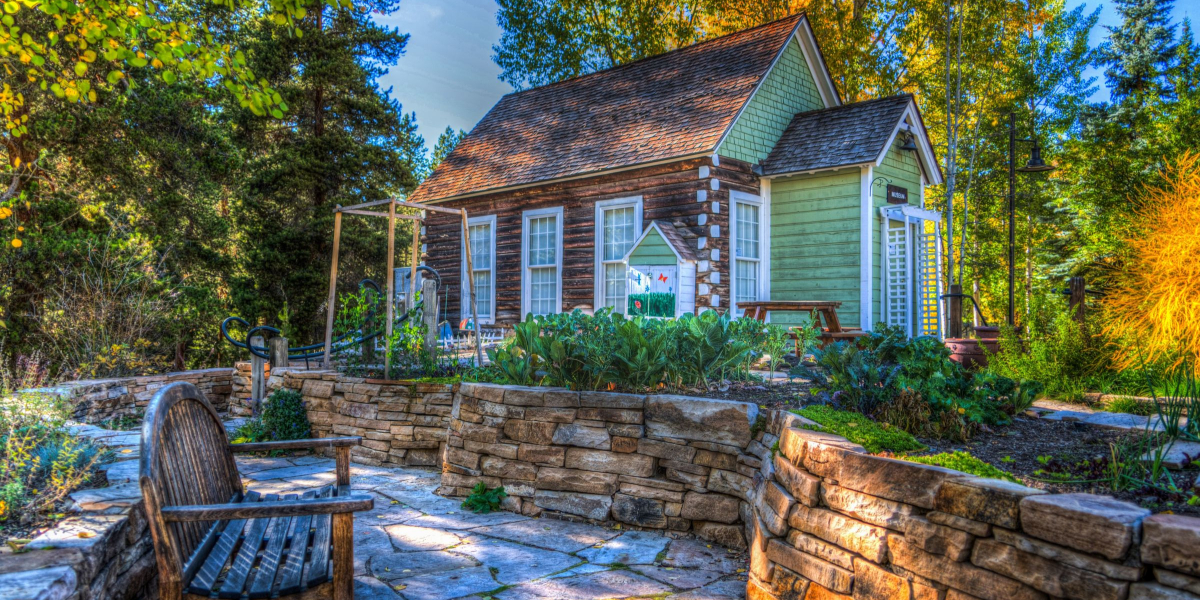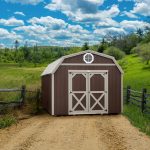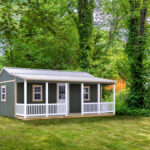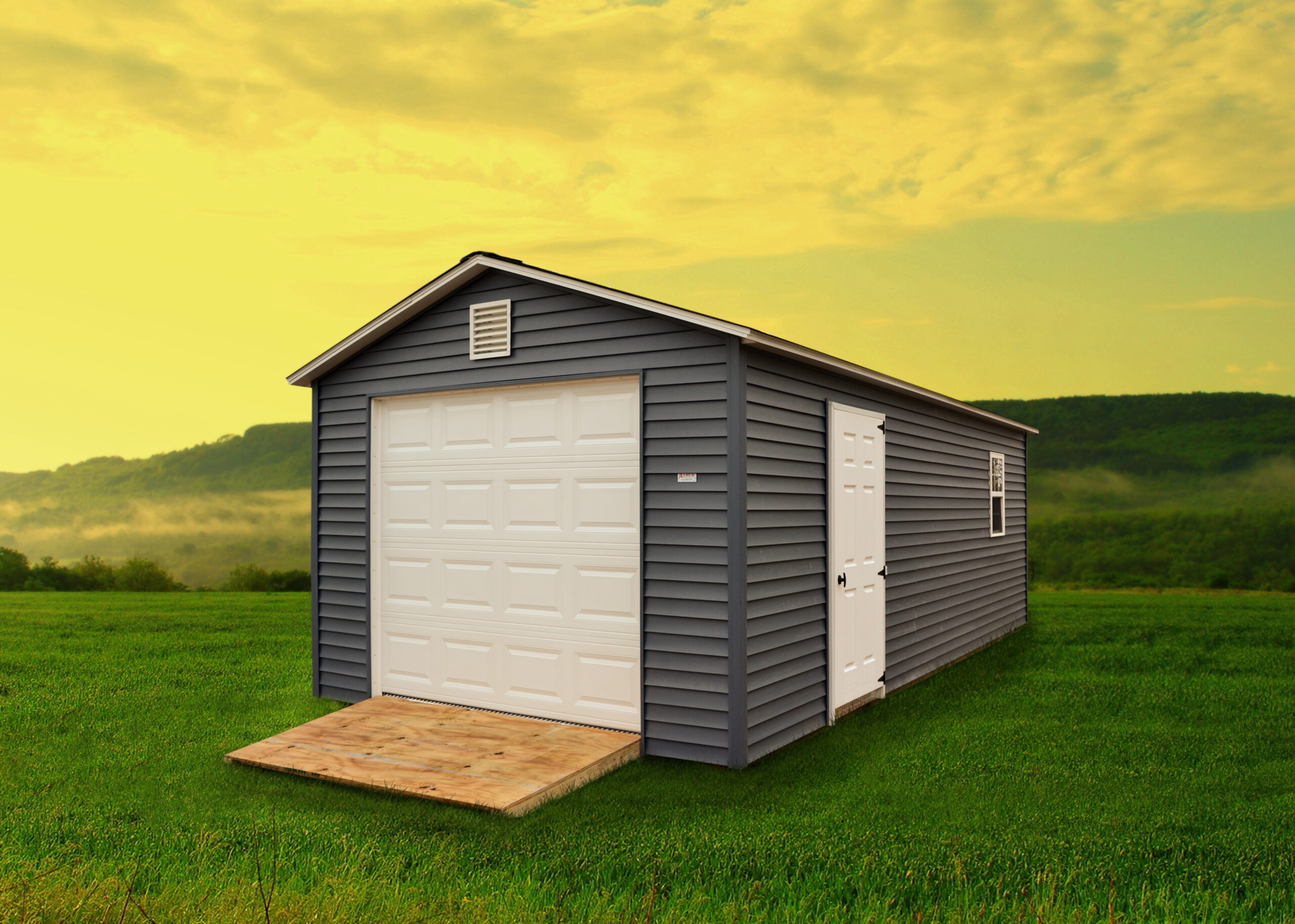
Garden Sheds: A Worthwhile Investment
By SchwebAdmin
There are generally three types of garden sheds: storage, man cave/she-shed, and living quarters. The purpose of all three is to increase the functionality of your home. Perhaps you need to declutter the garage, protect tools from weather and theft, add a creative or office space away from household distractions, or need a guest room for frequent visitors. Regardless of your current needs, it’s important to understand the value a garden shed adds to your property. Garden sheds can be a worthwhile investment when you follow a few guidelines.
Quality Materials
You probably plan to spend a nice bit of money on your garden shed, so make sure it lasts. A quality shed will have value. Consider buying a better quality vs. cheaper garden shed. If it’s built with quality materials, you can expect it to last 15-20 years. Higher quality materials mean it lasts longer and looks better over the years. If your budget is restricted, consider a shed with quality materials and fewer features. You can always add new features to a solidly-built shed.
Maintenance
Maintain your garden shed! If you want this shed to be an asset and add value to your property, take care of it like you do your home. If you don’t maintain the structure and appearance of your shed, homebuyers may consider it a liability. A run-down garden shed could quickly stop a loan if the appraising bank believes it’s a liability.
Home Value and Marketability
A garden shed may add marketability to your home under certain conditions. For example, during a home sale, it may sell faster if the buyer considers it useful. Any buyer will evaluate the necessity, functionality, and condition of your garden shed. A shed could be desirable in a neighborhood with only street parking, and a house smaller than 1,500 square feet will benefit from an outdoor storage space.
If your shed can be easily moved, it may be considered personal property and not a part of your real estate. A cement foundation is one feature that can increase the value of your home because it converts the shed from “personal property” (movable upon sale) to actual real estate that stays with the home.
If a home appraiser believes the garden shed is livable and permitted properly, it could add $15,000 to the property. So, plan accordingly and obtain a building permit before constructing your garden shed. Without a permit, the structure won’t be included in the buyer’s bank appraisal. Consequently, while a buyer may consider the shed an asset, unpermitted, the city may ask you to remove it.
During resale, add curb appeal by pulling together the aesthetics of your garden landscaping with the shed. Make it the centerpiece of your garden, or paint and roof it to match your house colors. Since landscaping a yard can increase the property value up to $38,000 for a $300k home, integrate the garden shed into the fence and landscaping plan.
Additionally, if you do put your house on the market, remember to stage the garden shed as you do the interior of your home. After all, you consider the shed an asset to your overall home and should market it like one.
If you plan to stay in your home long term and resale is not a concern, here are five other reasons a garden shed is a worthwhile investment.
1. Preservation
A garden shed protects expensive tools and equipment from harsh weather, rust, and rot. Thieves are less likely to steal from your property when valuables are stored out of sight. Sports equipment, bikes, construction tools, and lawn-care equipment are just a few items that may be safer in a garden shed.
2. Organization
Garden sheds manage clutter, keeping a property pretty inside and out. When organized, your garden shed becomes a very useful lifestyle tool. Shelves, hooks, and containers create a place for every item in the shed. With items off the ground and organized, the little room becomes more efficient and ultimately more valuable to you. More items fit within an organized garden shed, and you will use the space more often.
3. Storage
Most small homes and those without a garage need an outdoor space to store lawn and sporting equipment (i.e. bikes and strollers). And, consider this—sheds are a lot cheaper than building an addition onto your home.
4. Safety
Garden sheds allow you to store hazardous chemicals and sharp objects out of reach, keeping children and pets safe. If you’ll be storing hazardous items in your shed, check with your home insurance agent, as storing dangerous chemicals and tools away from the living space may result in a discount.
5. Savings
When you purchase a garden shed, your monthly budget won’t include payments to an off-site storage unit. Instead of renting a storage unit miles from home, owning a shed puts that monthly payment into your own property. Additionally, if buying a shed outright isn’t in your budget, you can even opt for a rent-to-own program, which will still result in savings.
Boost Value
Upgrading or finishing the interior of your shed is a surefire way to boost its value. For example, you could convert your shed into a children’s playroom, music or art studio, man cave, workshop, pool room, hybrid greenhouse, or summerhouse. The following additions to your garden shed will boost its value, certainly making it a worthwhile investment:
1. Cement foundation
2. Electrical outlets and lighting
3. Insulation
4. Windows
5. Water
6. Vent
7. Shelving & worktable
8. Flooring
Ready to buy your own garden shed? Check out our selection today!



